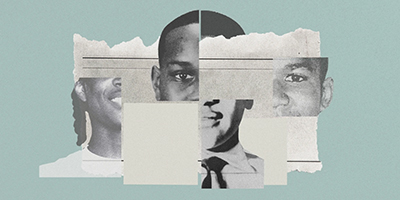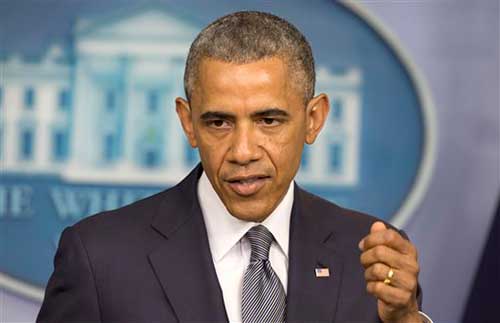
“It reignites the terror in the souls of Black folks when we witness these killings of our people without trial, without jury, without adjudication,” one psychologist said.
By Curtis Bunn

In the moments before New York City subway entertainer Jordan Neely was killed on an F train in lower Manhattan in the middle of the day, a witness said he had been yelling, asking for food and saying that he didn’t care if he went to jail. A 24-year-old man from Queens, whose identity has not yet been verified, came up from behind him and put him in a chokehold for several minutes until Neely died.
For Donald Grant, a clinical psychologist in Los Angeles, the deadly act represents a white vigilantism that has become an ever-present threat to Black Americans, manifested in the killings of many men and women whose names have made up headlines and hashtags over decades.
“It reignites the terror in the souls of Black folks when we witness these killings of our people without trial, without jury, without adjudication,” said Grant, author of the book “White on White Crime: Old Lies in Contemporary Times.”
“This vigilante activity is really a reminder of the dangerous conditions that Black Americans exist in now,” he added.
It’s not enough that Black people are killed, Grant said. It’s that each killing requires “public outrage for our humanity to be recognized in a way that doesn’t allow us to be murdered like animals in public spaces.”
Neely died Monday because of “compression of neck,” a spokesperson for the New York City Office of the Chief Medical Examiner said.
The outrage that Neely, who had a history of mental illness and was homeless, according to lawyers, could be strangled to death in front of passengers on a New York subway conjured concerns of vigilantes taking action against Black people, said Tyrone Irby, a native New Yorker who now lives in Durham, North Carolina. Irby said the incident reminded him of people like George Zimmerman, a neighborhood watch captain who shot teenager Trayvon Martin in Sanford, Florida, in 2012; or Gregory and Travis McMichael, a father and son who gunned down Black jogger Ahmaud Arbery three years ago with their friend William Bryan. After Arbery’s killing, Irby created Together We Stand, an organization that supports meaningful conversation among people of different races to bring about change.
“It’s really disturbing,” he said. “If you’re in New York and ride the subway, you will see homeless people and people having mental health episodes. They’re angry. They’re upset, but a high percentage of the time they’re not threatening. You ignore them or move to another car. You don’t attack them.”
Juan Alberto Vazquez, who was on the train and recorded the incident, told NBC New York that Neely boarded the subway car and began a “somewhat aggressive speech, saying he was hungry, he was thirsty, that he didn’t care about anything, he didn’t care about going to jail, he didn’t care that he gets a big life sentence, that ‘It doesn’t even matter if I died.’” Vazquez said that while he and others in the subway car were scared, the 24-year-old approached Neely and put him in a chokehold for several minutes as two other men helped restrain him.
Neely’s death was declared a homicide by the medical examiner and no arrest had been made as of Friday morning. Grant said he fears “nothing will happen to” the man who put Neely in a chokehold.
Jordan Neely chokehold death: Calls for charges grow louder
Mario Williams, a civil rights attorney, said he passes a row of homeless people each morning en route to his office in downtown Atlanta. Sometimes they make comments, sometimes they act out. “But no one goes up and chokes them,” Williams said.
Terence Lester, founder of Love Beyond Walls, an organization that advocates for the homeless, said he cried thinking of the similar issues faced by the population he works with, as he watched the video of Neely dying.
“This violent act toward this young man who struggled with mental health challenges has been fueled by criminalizing policies, and a racialized past,” Lester said. “Punishment towards a vulnerable population can be fueled by hate itself. I wept because time and time again, I have had to write public apologies about the mistreatment that the unhoused community faces while also trying to wrestle through the most challenging moments of their life.”
Grant said he thinks the deaths of Neely — and Martin, Arbery and many others — stem from racism and the feeling of power that comes with taking matters into their own hands.
The pervasiveness of white superiority, Grant said, means that members of that group can often express that superiority in fatal ways.
“And so white superiority ideology is a combination of all those things: historical context, white supremacy, racism, classism, and a system that has been supported through literature, through film, through journalism. And those messages are consistent. We can’t continue to excuse vigilantism.”





Be the first to comment